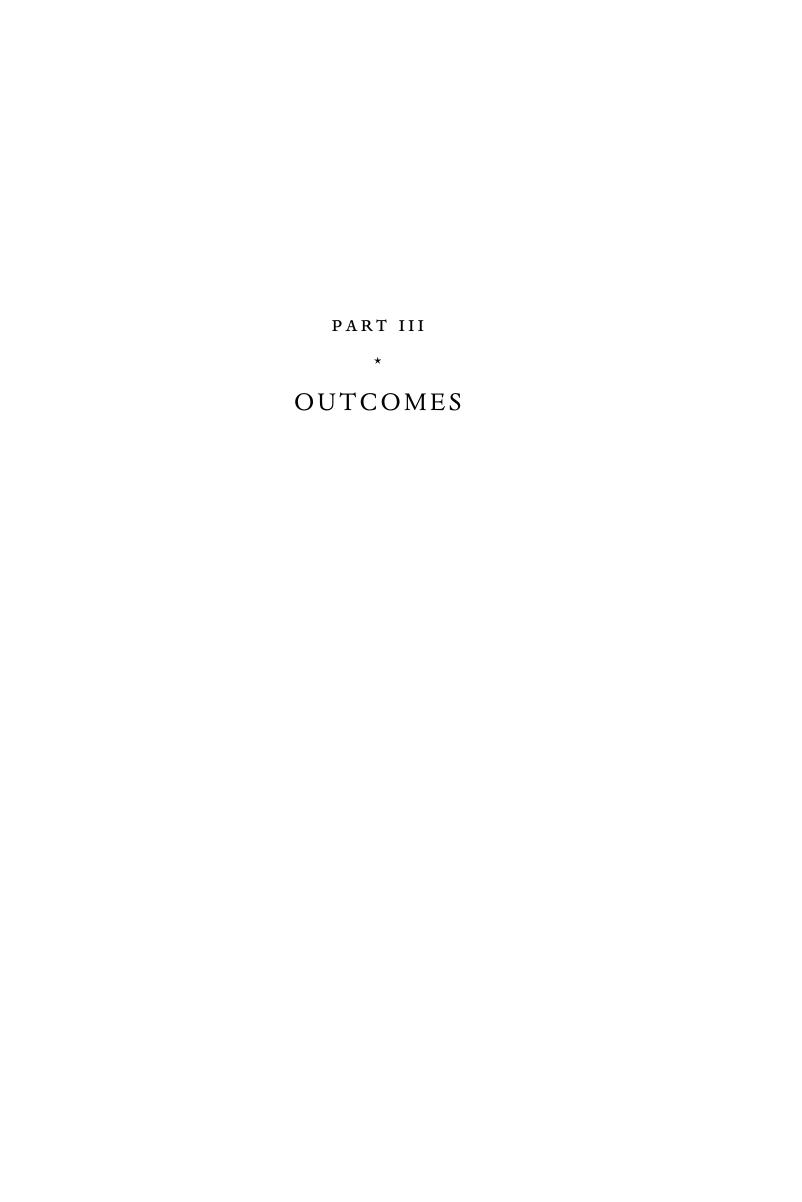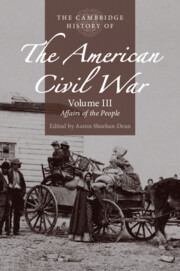Book contents
- The Cambridge History of the American Civil War
- The Cambridge History of the American Civil War
- The Cambridge History of the American Civil War
- Copyright page
- Contents
- Plates
- Figures
- Contributors to Volume III
- Note on the Text
- Part I Values
- Part II Social Experience
- Part III Outcomes
- Index
- Plate Section (PDF Only)
- References
Part III - Outcomes
Published online by Cambridge University Press: 11 October 2019
- The Cambridge History of the American Civil War
- The Cambridge History of the American Civil War
- The Cambridge History of the American Civil War
- Copyright page
- Contents
- Plates
- Figures
- Contributors to Volume III
- Note on the Text
- Part I Values
- Part II Social Experience
- Part III Outcomes
- Index
- Plate Section (PDF Only)
- References
Summary

- Type
- Chapter
- Information
- The Cambridge History of the American Civil War , pp. 285 - 505Publisher: Cambridge University PressPrint publication year: 2019



